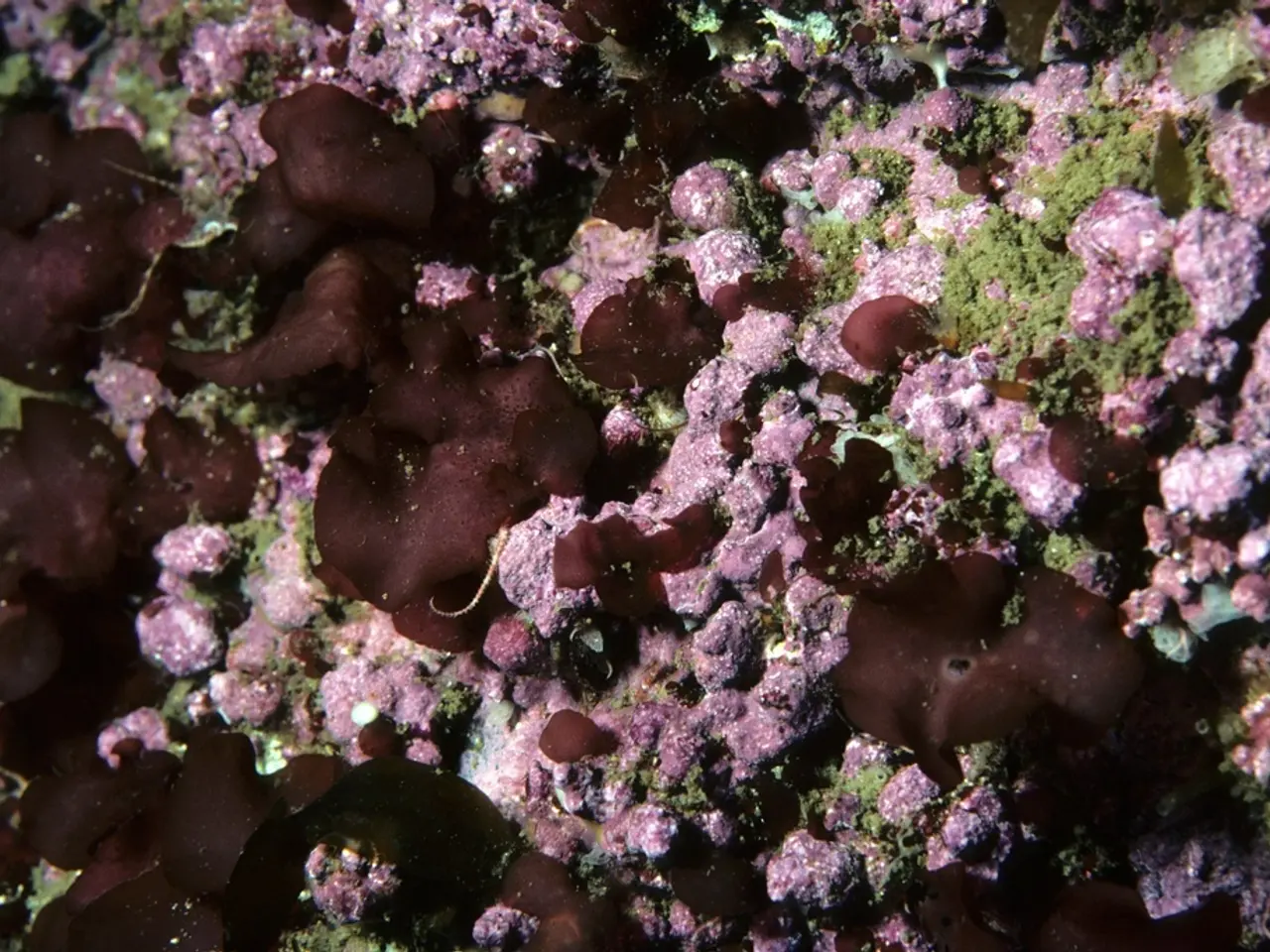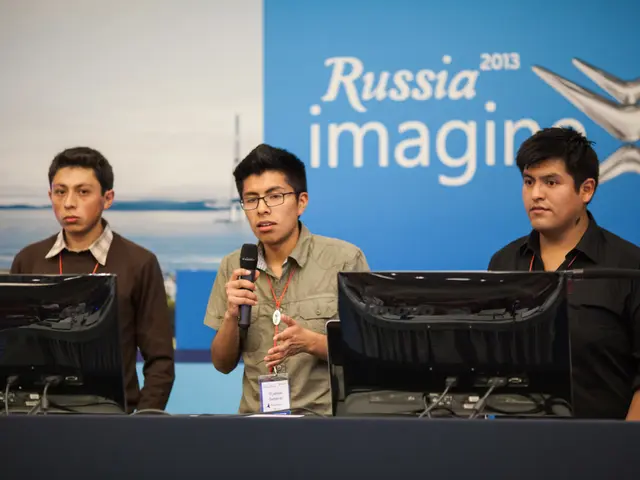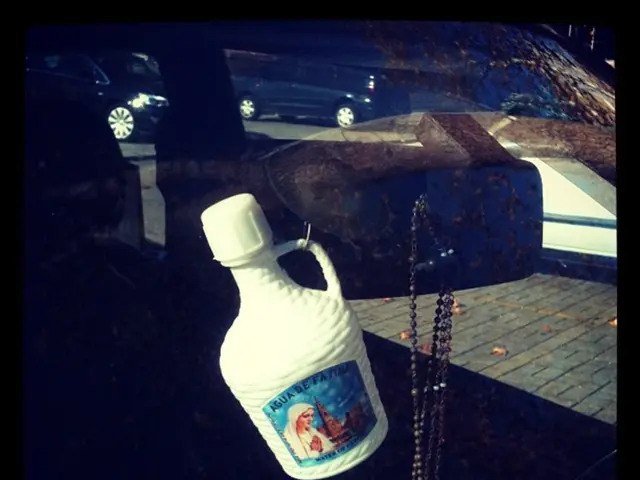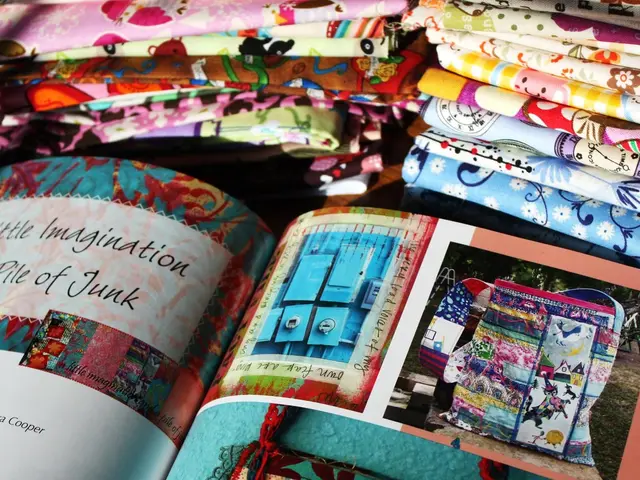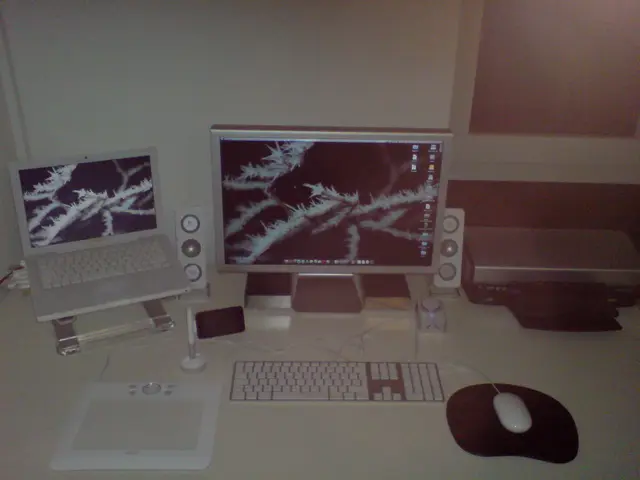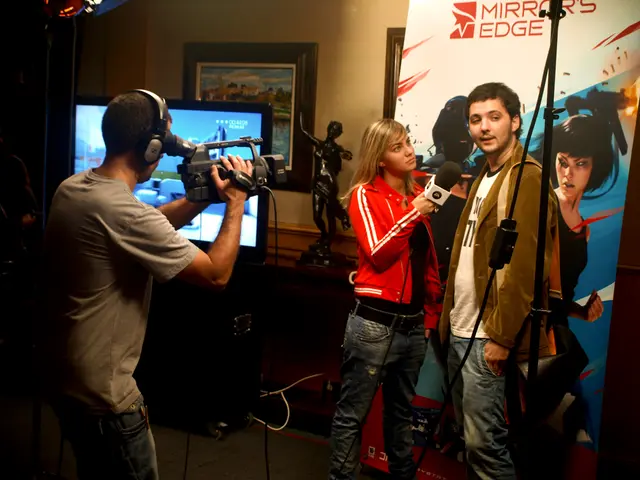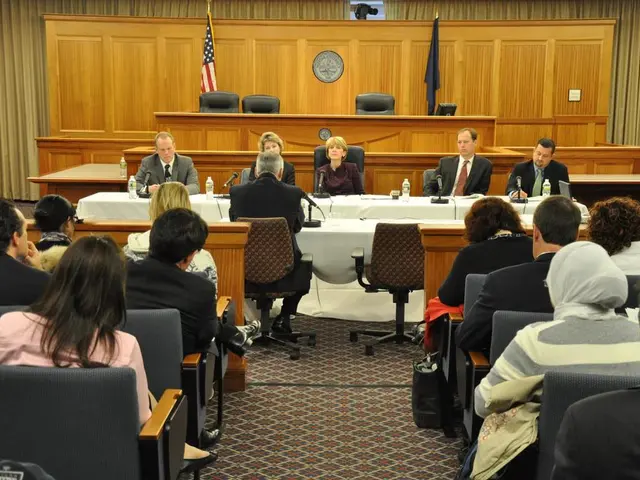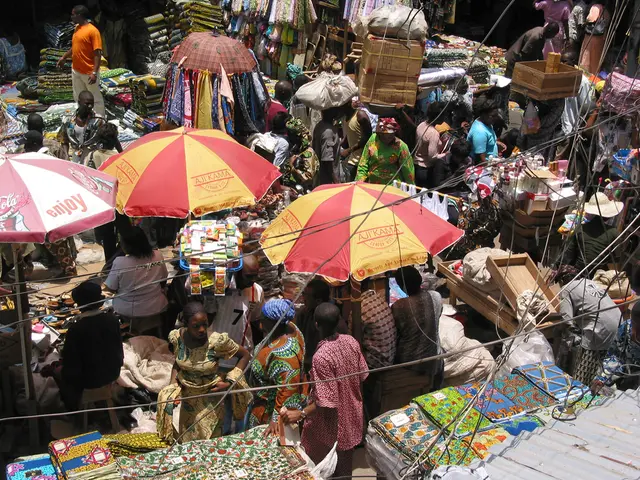Keeping Tabs on Moana: Science by Participation Approach
In a bid to foster a new generation of environmentally conscious citizens, primary and secondary school teachers in New Zealand are invited to join a professional development session on participatory science for waterway and ocean monitoring. This event, taking place on 13 August 2025, from 4:00-4:45 pm, is designed to equip educators with the knowledge and tools to integrate participatory science methods into their classrooms.
Led by Sally Carson and Greta Dromgool from the Otago University Department of Marine Science, the webinar will delve into the use of citizen science projects such as the Marine Metre Squared, the Toheroa Abundance Project, and making and using a quadrat. The session is delivered in conjunction with Coastal People : Southern Skies, Centre of Research Excellence and Yachting NZ’s Moanamana programme.
The webinar is open to teachers nationwide and can be accessed through various devices by clicking on the Teams link and following instructions. Participants are encouraged to join the session from their PC, Mac, Linux, iOS, or Android devices.
Teachers interested in implementing participatory science in their classrooms can start by connecting with Enviroschools to embed waterway monitoring into curriculum-linked, student-led projects. This action-oriented environmental education initiative, designed specifically for all school levels in New Zealand, promotes sustainability and empowers students to take action on real-life environmental projects, including those related to waterways.
Furthermore, teachers can attend workshops or webinars offered by institutions like the National Institute of Water and Atmospheric Research (NIWA) that focus on climate change impacts on water bodies and the social dimensions of flooding and water management. These seminars often include case studies and participatory approaches that teachers can adapt for classroom and community projects.
Collaborations with local environmental organizations can also prove beneficial. For instance, volunteers (including schools) can be trained to collect and analyze water samples across seasons, as demonstrated by the Chemistry and Flow Monitoring Program in other regions. Similar programs or methods could be adapted or sought in New Zealand through regional councils or environmental groups.
During the webinar, participants are encouraged to introduce themselves, their teaching location, and group size in the chat box. The workshop will teach methods for observing and recording environmental indicators and species diversity, fostering a hands-on, student-led approach to water monitoring.
Useful links for monitoring resources will be provided, including the Marine Metre2 and New Zealand Marine Studies Centre websites. The Science Learning Hub team will be available to support and answer questions throughout the session.
By participating in this webinar, teachers can contribute to the growing body of citizen science data, enhancing public engagement and local water management efforts while providing students with an engaging, real-world learning experience.
In the upcoming webinar led by Sally Carson and Greta Dromgool from Otago University's Department of Marine Science, teachers will explore environmental-science projects like the Marine Metre Squared and the Toheroa Abundance Project, augmenting their education-and-self-development through participatory science methods. Additionally, for teachers trying to embed participatory science in their curriculum, partnering with Enviroschools can help embed waterway monitoring into curriculum-linked, student-led projects, fostering environmental awareness and self-development among students.
